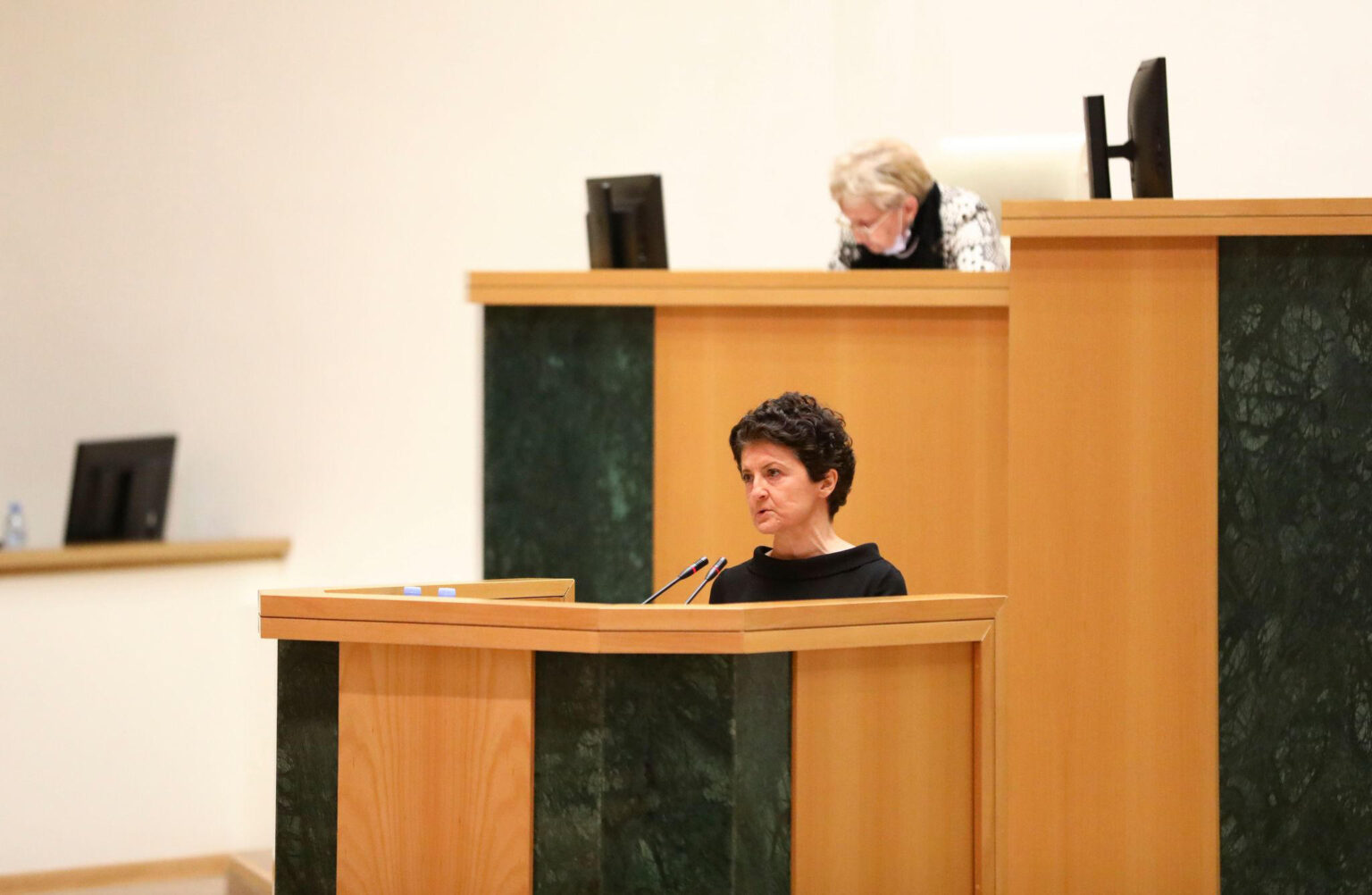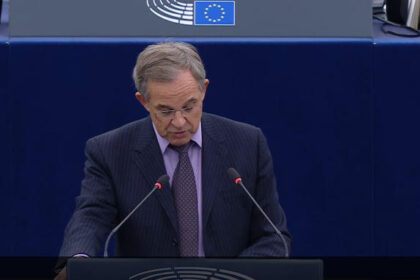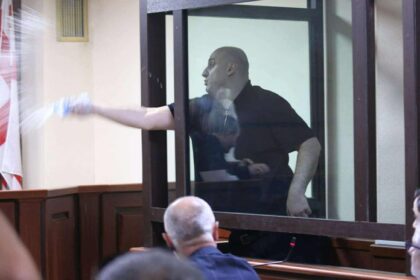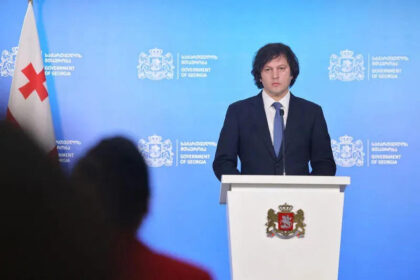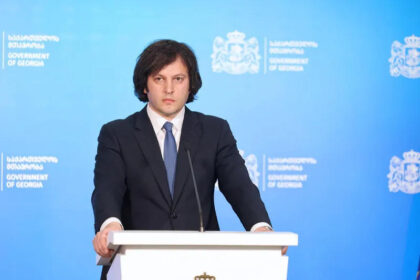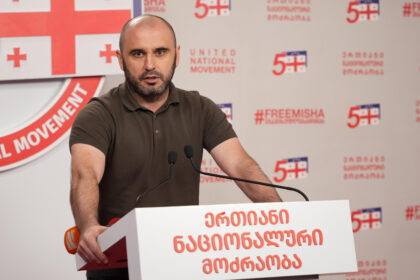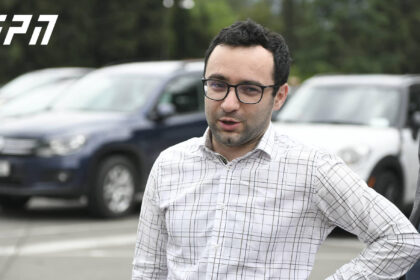**Public Defender Criticized for Biased Human Rights Report**
In a heated exchange at the Georgian Parliament, Vice-Speaker Tea Tsulukiani criticized Public Defender Levan Ioseliani for presenting an annual report that she deemed biased and lacking in objectivity.
Tsulukiani, a member of the ruling party Georgian Dream, took issue with Ioseliani’s failure to address alleged human rights violations against members of the government and their families. Specifically, Tsulukiani pointed out that property rights had been violated against several high-profile individuals, including Bidzina Ivanishvili, a wealthy businessman and key figure in the ruling party.
“I am not asking you to praise us,” Tsulukiani said, “but rather, to be objective and defend everyone without discrimination. You have missed this balance entirely.” She accused Ioseliani of being ashamed to speak out against these violations, suggesting that this was a result of the Public Defender’s own bias.
Ioseliani responded by saying that he and Tsulukiani had fundamentally different ideas about human rights. “You should believe that the violation of any person’s rights in Georgia is your business, regardless of who committed the violation,” Ioseliani said. He maintained that his office was committed to upholding human rights principles.
Tsulukiani’s criticism focused on what she saw as a failure by Ioseliani to address key human rights issues, including the right to free elections and property rights. She specifically mentioned cases of people being banned from traveling due to their family members’ involvement in politics, which she characterized as a constitutional and conventional human right.
The exchange highlights the ongoing tension between the government and the Public Defender’s office over issues related to human rights and accountability. It also underscores the complexity of balancing competing interests and opinions on sensitive topics like property rights and freedom of movement.
**Analysis**
The heated exchange between Tsulukiani and Ioseliani reflects a broader struggle for power and influence in Georgian politics. The government has long been accused of using its control over institutions to silence critics and maintain its grip on power. The Public Defender’s office, which is responsible for promoting and protecting human rights in Georgia, has often found itself at odds with the government over issues like election monitoring and property rights.
Tsulukiani’s criticism highlights what she sees as a double standard applied by Ioseliani’s office, where violations against members of the ruling party are ignored or downplayed. This has been a long-standing complaint from opposition parties and civil society groups, who argue that the Public Defender’s office is too often ineffective in holding the government accountable for its actions.
The exchange also underscores the need for greater transparency and accountability in Georgia’s institutions. As Tsulukiani pointed out, the right to free elections and property rights are fundamental human rights that should be protected by the Public Defender’s office, regardless of who is involved.
**Next Steps**
The controversy surrounding Ioseliani’s annual report is likely to continue, with opposition parties and civil society groups demanding greater transparency and accountability from the Public Defender’s office. The government will also face pressure to respond to Tsulukiani’s criticisms and address what she sees as a lack of objectivity in Ioseliani’s reporting.
The incident highlights the importance of strengthening human rights institutions in Georgia, including the Public Defender’s office, to promote greater transparency and accountability. It also underscores the need for more effective collaboration between government agencies and civil society groups to protect fundamental human rights and promote good governance.




